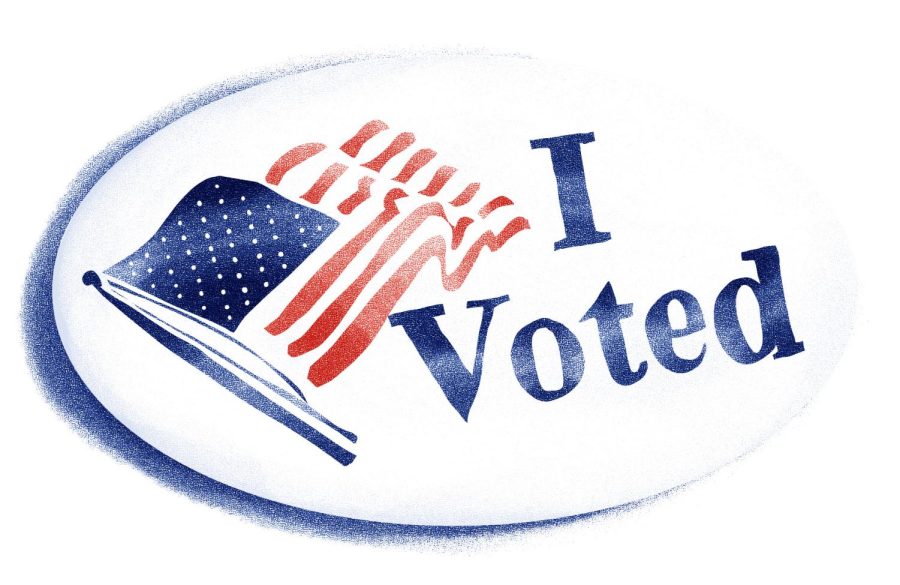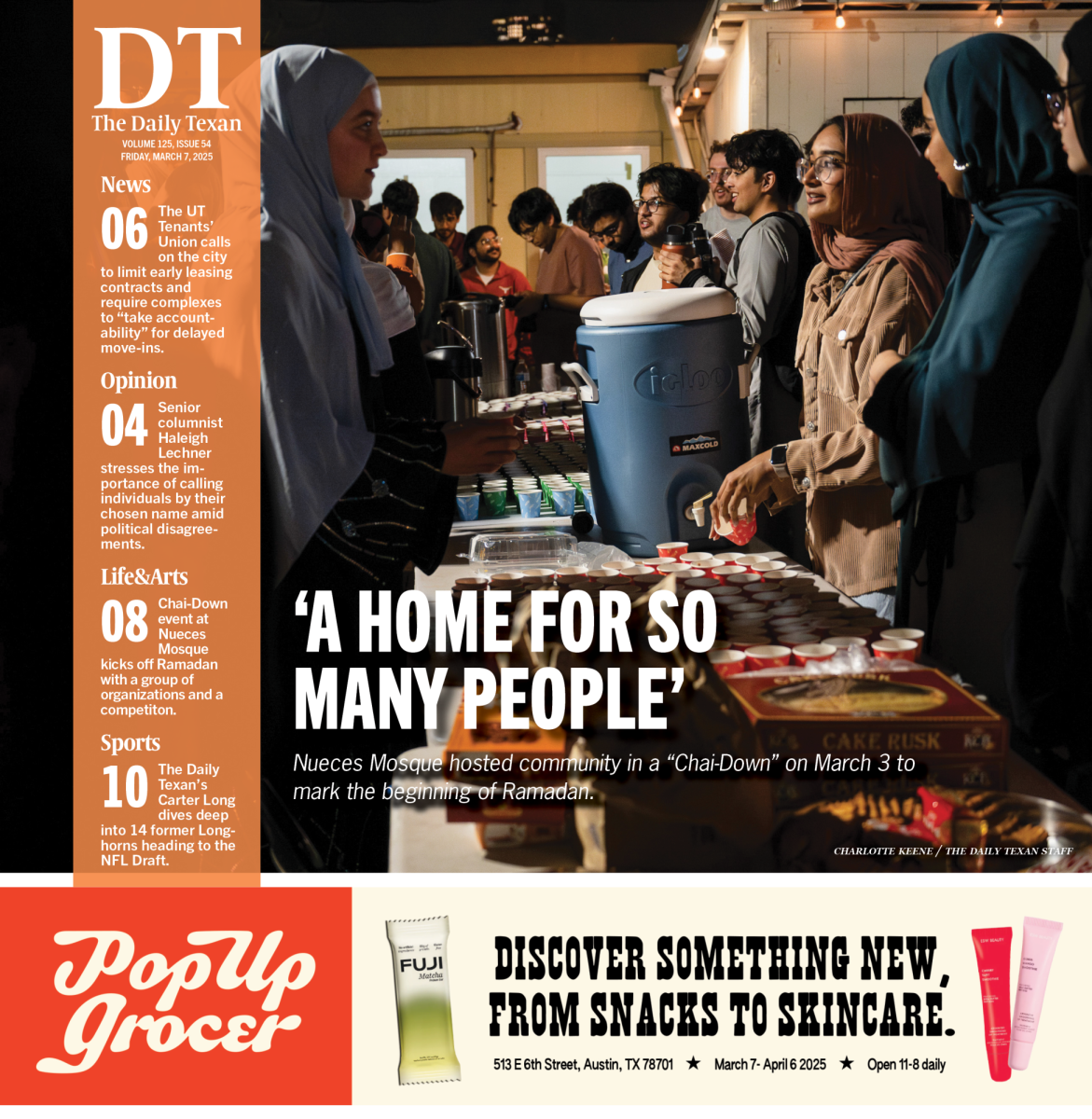Polling data finds inadequate AAPI voter accessibility, representation
October 27, 2022
With early voting underway and a continuously growing population of Asian American and Pacific Islanders in Texas, conversations around voter inclusion are expanding to include the interests of the AAPI community.
In September, Asian Texans for Justice released a report on AAPI polling data in Texas, which found that four out of five Texas AAPIs say Asian American interests are not well-represented in government at the moment. The issues that were most important for AAPI respondents were economic recovery, education and inflation and cost of living.
According to the report, more than half of participants said there aren’t “adequate language access resources for Asians Americans in Texas provided by the government and policymakers.”
“AAPIs in Texas have been sidelined on the margins of Texas policy and politics for far too long,” the report said. “The rapid growth and demographic diversity of the AAPI population in Texas will only translate into political power through intentional efforts to mobilize and engage AAPI Texans on civic and political issues.”
Akeela Kongdara, a fifth-year political communications and Asian American studies student, said without creating policy around the interests of the community, AAPI people are expected to make themselves fit into the policies lawmakers create. She said she’s worked in civic engagement specifically geared towards AAPIs to empower community members to not only vote but also engage in political conversations.
“Asian Americans as a whole, I think we’re thought of (as) a whole monolith — we’re all the same, we take the same jobs, a lot of us don’t want to get politically involved — however, I think that’s the opposite,” Kongdara said. “I spoke to a lot of students, and even older folks … saying they want to go out and vote (in) this election, but they don’t have the resources.”
Government doctoral candidate Cornelia Lawrence said she’s currently studying voter participation among the AAPI community. While the number of AAPI candidates on ballots across the country is increasing, she said an issue like language access can be enough to deter someone from voting.
“It is a road to get you to vote, and anything that doesn’t make that road easier is a barrier that the person has to overcome,” Lawrence said.
Kongdara said assuming the majority of AAPI people come from a high economic status is also harmful to representing the varying policy beliefs of the community, especially for immigrants and labor workers.
“The AAPI category is where the highest economic disparities exist,” Kongdara said. “(Policymakers) don’t look toward communities that have been here for 40, 50 years, that have had no economic mobility. … We count those people out of policy.”
Kongdara said her family has continuously emphasized the importance of being politically active, and she hopes to help other AAPIs use political involvement — whether that be through voting or through getting involved in political organizations — as a means to affirm their cultural identities.
“My grandparents had always told me you have to realize how much of a privilege it is to vote and have your rights,” Kongdara said. “I just want to extend that to everyone else; realizing even if you’re not able to vote, there are still ways to be civically engaged outside of going to the polls.”












